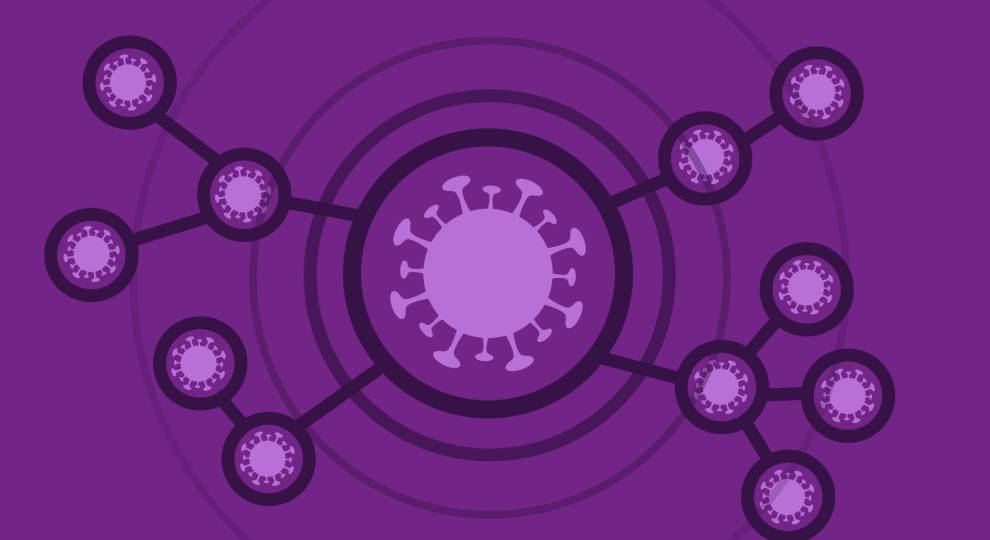Massachusetts Scales Up Contact Tracing, But Some Experts Question Its Value

(Emily Judem/GBH News)
Lauren Buck’s days start early, compiling the names of people in Revere who have tested positive for COVID-19. The calls begin a few hours later and often last until 8:30 or 9 at night.
“There are a lot of people who are very, very cooperative and there are people who can be very scared or sometimes don’t understand,” said Buck, the director of public health in Revere and part of the city’s three-person team doing contact tracing.
As COVID-19 surges across Massachusetts, local boards of health and the state are beefing up their contact tracing teams. This labor-intensive work has been a major part of the state’s response to the virus.
The idea behind contact tracing is simple. Anyone who has tested positive — or has come into contact with someone who’s tested positive — for the virus is called and told how to isolate or quarantine themselves so they don’t infect anyone else. Revere officials consider the program a critical part of the city’s COVID response,and they’re expanding the team. The same is true in lots of other communities.
The state is also increasing its contact tracing capacity to back up local boards of health. The team is 1,300 strong right now, and the Contact Tracing Collaborative (CTC) said it’s actively recruiting another 800 people.
But as efforts across the state ramp up, there are skeptics. In fact, some experts say this multi-million dollar initiative isn’t helping — and it might actually be hurting the state.
“The proof is right in front of us. It clearly didn’t work,” said Michael Mina from Harvard’s School of Public Health. “We have exponential growth that’s out of control.”
Mina argues that contact tracing can work in certain contexts, such as with Ebola or HIV, or very early on in the pandemic in South Korea. However, he said, “we’ve never seen any real data from the U.S. that this can work.”
Read the rest of this story at GBH’s website.
